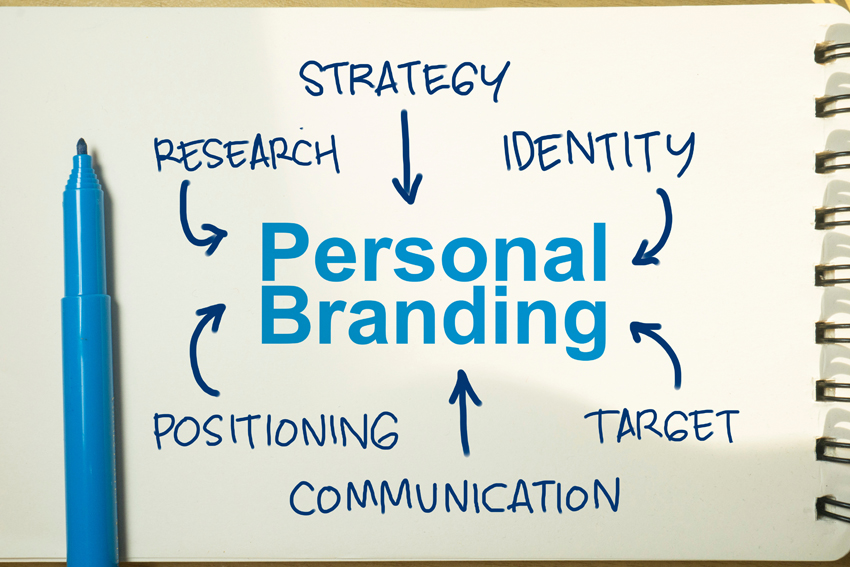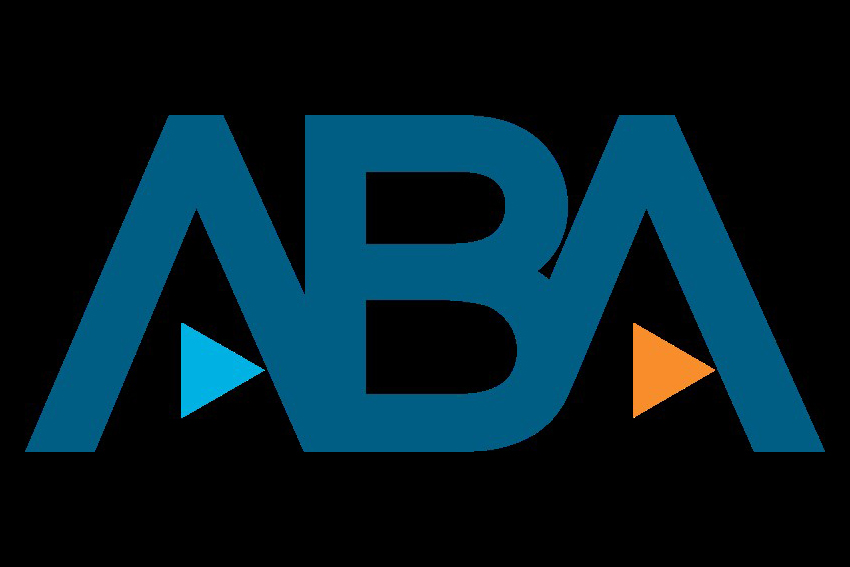Serving Clients: Clarifying your value: A practical approach to personal branding
Serving Clients: Clarifying your value: A practical approach to personal branding
By Brenda Plowman
In today’s legal landscape, most partners understand that developing a strong personal brand is important. Clients are looking for more than legal expertise – they want a highly skilled adviser, one who understands the client and their needs, and who stands out in their field.
Yet many professionals shy away from investing in their personal brand.
The reasons vary. Some worry that it feels too self-promotional. Others don’t know where to begin. Many simply feel there isn’t enough time or don’t see the tangible benefit. But the truth is, every professional already has a personal brand. It is what clients, colleagues, and market contacts say when that individual is not in the room. The opportunity lies in shaping that brand with clarity and intention.
A simple and effective way to validate if a partner is on track is to evaluate their online presence to see if it accurately reflects their intended brand. This includes the firm bio, LinkedIn profile, and any other professional social media platforms. Establishing a clear and consistent online brand is essential before moving on to more strategic business development, as it reinforces and validates the brand once the partner undertakes other activities.
Why a personal brand matters
A strong personal brand does more than build visibility. It creates trust, differentiates a professional in a crowded market, and positions them as a go-to expert. When developed thoughtfully, a personal brand can:
- Enhance credibility with clients and prospects.
- Increase visibility inside and outside the firm.
- Align work with strengths, values, and long-term goals.
Personal branding isn’t about flashy self-promotion. It’s about owning a story and consistently showing up in a way that highlights the value the attorney brings to others. It also reflects the professional and who they are.
Personal branding doesn’t need to be complex. In fact, it is focused. It’s a strategic process of articulating value, aligning it with goals, and being intentional about visibility.
Laying the groundwork
Before launching into activities, it’s important to define the foundation. This involves three key questions, and expansive strategic thinking:
- Who am I?
A legal career spans decades. Aligning personal values and strengths with the work being done creates more fulfilling, sustainable practices. Consider:
- What are my core values?
- What do colleagues and clients consistently count on?
- Which strengths have contributed most to my success?
- What should I be known for?
Focus creates power. It’s neither possible nor beneficial to be everything to everyone. Key considerations include:
- Which industry or sector should be associated with the professional?
- Who are the ideal clients – CFOs, start-up founders, general counsel?
- Which niche or solution should be owned?
- What problem can be solved for clients?
Focusing on the brand allows for more strategic referrals and collaboration for the attorney..
- Who Is the target audience?
Success stems from clarity about who needs to be reached. This might include:
- Existing and prospective clients.
- Internal influencers and firm leadership.
- Referral sources and industry peers.
- Professional associations and media.
The more specific the target audience, the more tailored – and effective – the efforts will be. With limited time, focus ensures energy is spent wisely.
Moving to action
Once the foundation is clear, it’s time to get active – in ways that align with individual strengths, values, and preferences. A plan should be personal, sustainable, and strategic.
Potential actions might include:
- Writing a short article or client alert.
- Speaking on a panel or co-presenting with a client.
- Reconnecting with key contacts in the target space.
- Following, engaging with, and sharing content on LinkedIn.
- Participating in firm or external initiatives that align with the chosen focus.
It’s not about doing everything. It’s about doing the right things, and doing them consistently. Building a personal brand is not a one-time activity. It’s a long-term practice. Track what works, adjust as needed, and above all, remain consistent.
Final thoughts
Every professional already has a reputation. The key question is whether that reputation is being shaped with intention.
A well-crafted personal brand strengthens a lawyer’s practice, expands reputation, and creates impact. It starts with clarity, builds through focus, and succeeds through consistent action.
 Brenda Plowman spent nearly 20 years at one of Canada’s largest law firms, nine as chief marketing and business development officer, where she built its first-ever client service excellence program. She was president of the International Legal Marketing Association in 2022 and is now a consultant to professional services firms specifically around service excellence and client listening, business development and growth strategies, and brand development and repositioning. She can be reached at https://www.linkedin.com/in/brendaplowman/.
Brenda Plowman spent nearly 20 years at one of Canada’s largest law firms, nine as chief marketing and business development officer, where she built its first-ever client service excellence program. She was president of the International Legal Marketing Association in 2022 and is now a consultant to professional services firms specifically around service excellence and client listening, business development and growth strategies, and brand development and repositioning. She can be reached at https://www.linkedin.com/in/brendaplowman/.
Share this story, choose a platform
Brought to you by BridgeTower Media
Free Weekly Newsletter
Recommended content
Legal Ethics: New ABA opinion seeks to clarify lawyers’ duties when they withdraw from cases
Legal Ethics: New ABA opinion seeks to clarify lawyers’ duties when they withdraw from cases By Jim Doppke In my [...]
Young lawyers need better AI verification abilities, study shows
The survey also found concern over the legal reasoning and argumentation skills of newer lawyers. Read more @ artificiallawyer.com
Who should you promote within your law firm?
The best candidates are usually not those asking for promotion. Rather, they have earned consideration through stellar work and loyalty. [...]
Walking in your clients’ shoes
Learning to empathize with clients – as challenging as that sometimes is – can mean the difference between a successful [...]






